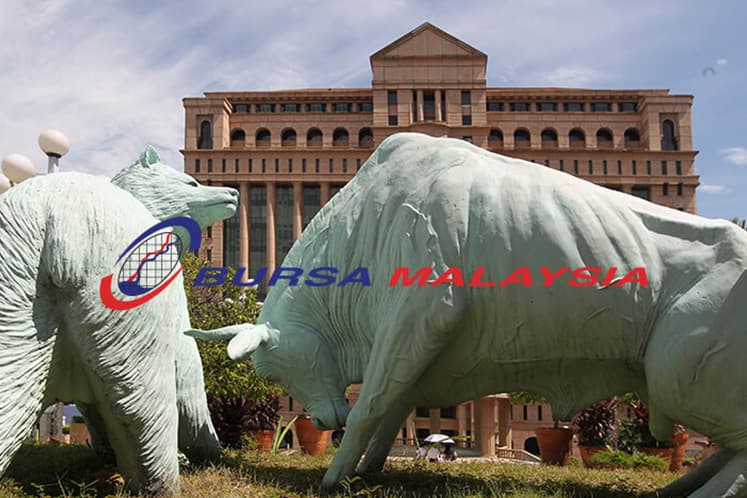
KUALA LUMPUR (Jan 30): Bursa Malaysia Bhd is seeking to expand and develop new income streams to grow both its trading and non-trading revenue (NTR), as it continues to manage costs amid challenging conditions.
Its chief executive officer, Datuk Muhammad Umar Swift, said NTR comprised 36% of the group's revenue in 2019, while the balance was accounted by trading revenue.
"Unfortunately, trading revenue is market predominant, so if we have a bullish, volatile market, we'll do very well. Now what we want to do is to deliver a more diversified base," he told the press during the group's FY19 results briefing today.
One of the areas the exchange is looking at has to do with providing market-related information to clients, given Bursa Malaysia position as "the golden source for data" in the Malaysian market.
Muhammad Umar said the bourse is looking at how it can provide value-added information and provide solutions.
"At this point in time, it's not just about building solutions but it's also about finding the needs. We have conversations with daily users, brokers and investment banks on what kind of data they would like to see from Bursa and we will then fill that role.
"Exchanges develop in different ways. Some exchanges become solution providers and others become quite involved in data provision," he said.
He added that the exchange has been engaging with two investment banks, looking at how the bourse can address the information needs in a more cost-effective manner.
Another area of focus is the derivatives business, in which the bourse is looking to expand its reach. The derivatives segment saw a slight decline in revenue contribution in 2019.
Muhammad Umar said the greater volatility in the market allows the group to introduce new products, adding that the bourse will actively engage with and bring in offshore market participants to improve liquidity in the market.
Bursa Malaysia is also looking at diversifying the offering for commodities, as well as to extend the trading hours for the derivatives market, adopting a hybrid model where there will be a second trading session in the evening.
"Basically we want to see more remote market participants and make it easier for people who are not domiciled in Malaysia to trade in our market," said Muhammad Umar.
Besides improving revenue, the bourse is allocating RM30 million in capital expenditure this year, of which the bulk will be invested in its trading systems.
The exchange will be investing in new systems as well as replacing existing assets which are due for upgrading.
Looking ahead, Muhammad Umar said Bursa Malaysoa expects 2020 to be a better year compared with 2019 based on robust consumption, as well as strong economic growth.
In terms of initial public offerings (IPO), he said the exchange is keeping to its targeted 40 listings for this year.
Its IPO pipeline for the year comprises 19 companies to date, comprising three Main Market, 11 ACE Market and five LEAP Market listings. Three companies have been listed since the start of the year.
"We are very keen to see new age economy renewables and companies in smart technology and testing solutions," said Muhammad Umar.